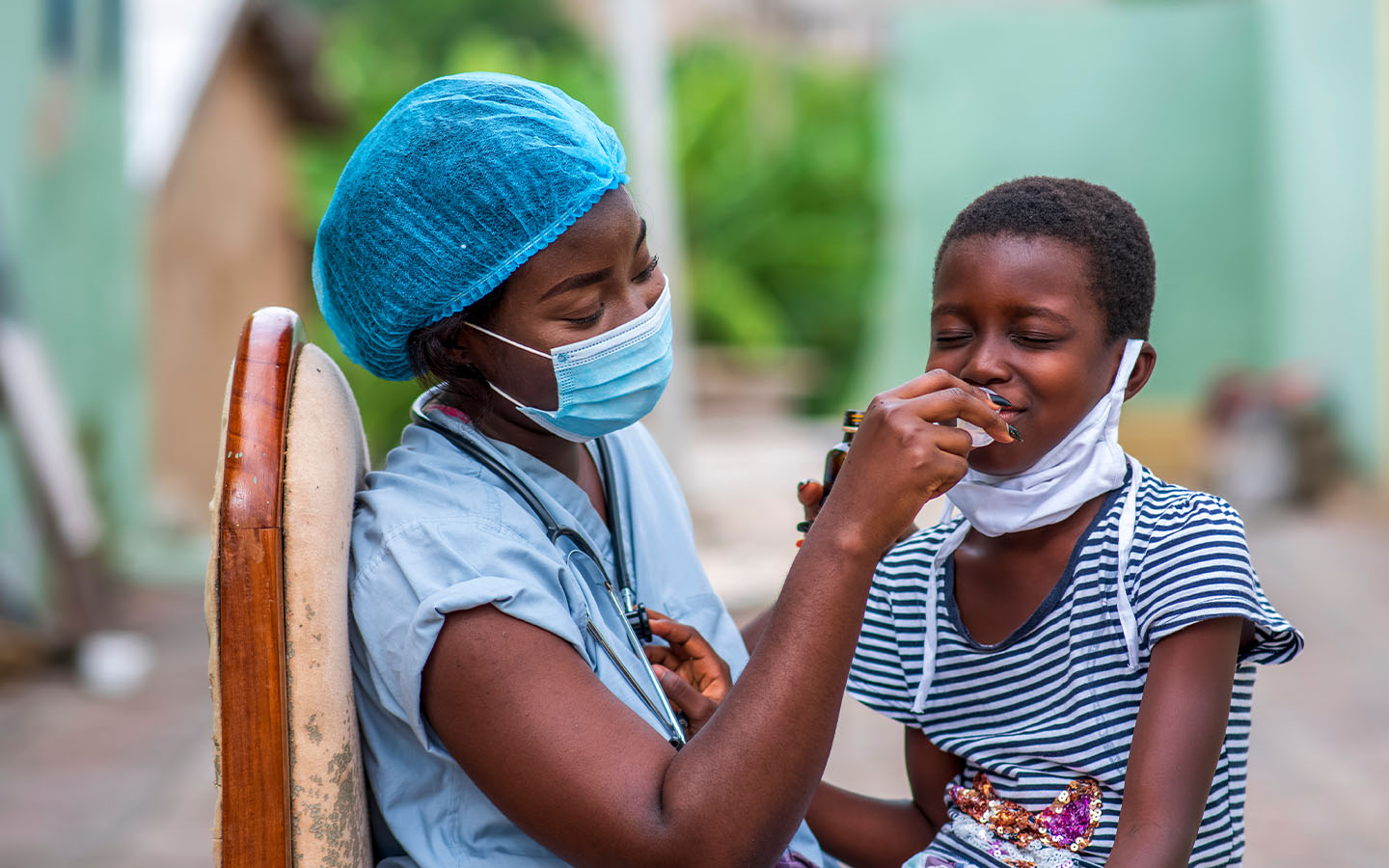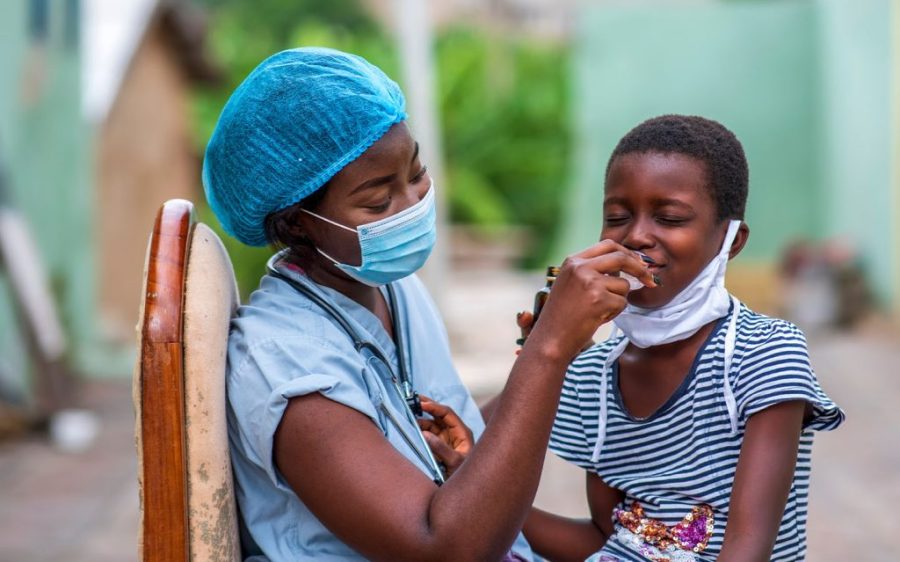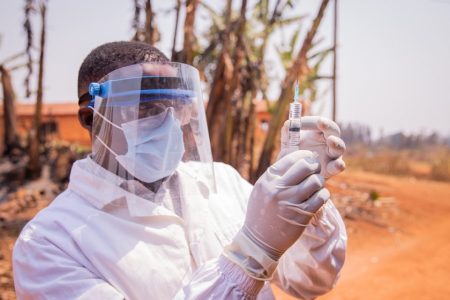Mozambique has exceeded its goals for the first wave of type 2 polio vaccinations, vaccinating over 19 million children against the potentially deadly disease. The campaign, active between 2 and 6 June, exceeded the target of 18.2 million and reflected a larger-than-estimated target population of children under the age of 10, reports Portuguese news agency Lusa.
National administrative coverage, a measure of the number of doses administered compared to the estimated number of people in the target population, hit 107 percent, ranging from 96 percent in the southern province of Maputo to 111 percent in northern Nampula Province.
“If the target is 18.2 million, the figure achieved was over 19 million, with total coverage above 100 percent, so we have exceeded the target we set,” Quinhas Fernandes, national director of Public Health, told reporters at a press conference in Maputo.
All polio vaccination campaigns are evaluated by independent teams using the Lot Quality Assessment System (LQAS), which takes a random sample of 60 children per district at the end of the campaign to determine if it achieved adequate epidemiological coverage.
Results from the early June campaign indicate that 131 of the 159 districts, around 82 percent, passed the assessment by having no more than three children in the sample who remained unvaccinated.
[See more: Mozambique launches a US$1.2 million measles vaccination campaign]
Among the 28 districts that require further attention, 11 had four to six unvaccinated children, six had seven to nine unvaccinated children, and 11 had ten or more unvaccinated children.
“We consider these LQAS results good, and for the second round, we will strive to improve this performance,” Fernandes told reporters. “This improvement will be crucial in controlling the outbreak of the type 2 polio variant. Even more important will be to ensure that the districts in this round will perform better in the second.” A second phase is scheduled to take place between 8 and 12 July.
A previous outbreak of wild polio virus in Mozambique and neighbouring Malawi paralysed nine children between February and August 2022. An independent Polio Outbreak Response Assessment Team (OBRA) declared the outbreak over in May 2024, praising both countries – along with Tanzania, Zambia and Zimbabwe – for their incredible achievement in preventing the wild virus from regaining a foothold in the African region. Widespread vaccination played a significant role in this coordinated and timely response.
The new polio immunisation campaign focused on areas with high population density, including schools, health centres, markets, churches, mosques and border areas, as well as door-to-door.
It also intensified the “active search for suspected cases of infantile paralysis through community surveillance” and the “social promotion and mobilisation activities in favour of routine vaccinations,” explained Ussene Isse, the country’s health minister. Around 82,000 workers received training from the Healthy Ministry for the campaign, which cost around US$15 million.






